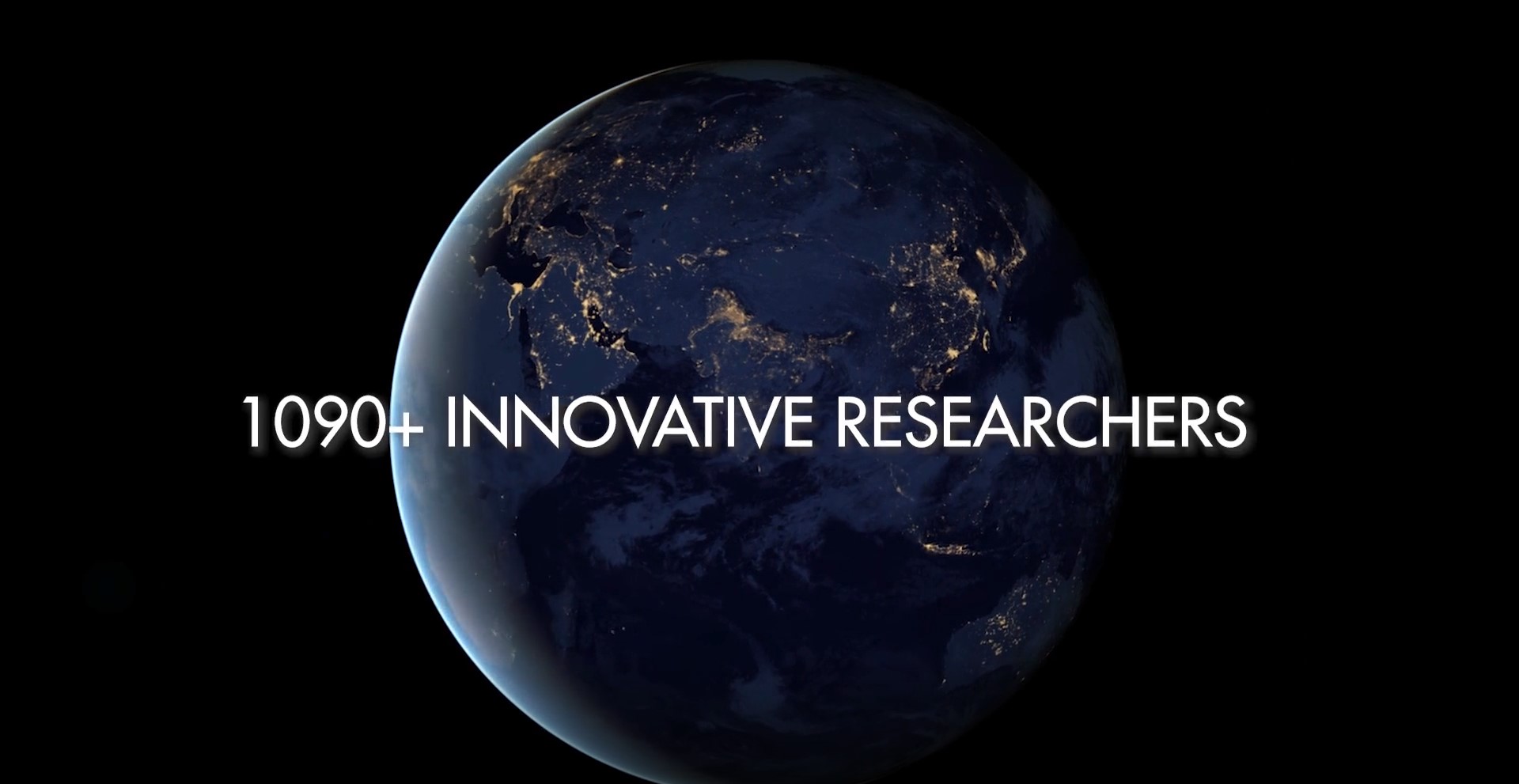Swansea University has been inspiring positive change through its people and its research, for over 100 years. From our inception, we have valued diversity when in 1921, we appointed Mary Williams to the newly created post of Professor of French Language and Literature in the Department of Modern Languages, an early example of a woman achieving a professorial title.
We also appointed Professor Florence Mockeridge as the University’s Head of Biology in the early 1920s. Professor Mockeridge, who later became Professor of Botany, single-handedly developed the department, and put in train the process that would lead to the first purpose-built academic building on our Singleton site, Natural Sciences.
By the mid-1940s, we had flourished as a multidisciplinary place of teaching and research offering scholarship in the Arts, Sciences and Economics and in 1948 we became one of the first campus universities in the UK.
We continued to attract those who excelled in their field including, from 1940 to 1966, the eminent American philosopher Rush Rhees, who taught Philosophy at the University. Rush Rhees was a student, friend, and literary executor of the philosopher Ludwig Wittgenstein who visited Rhees at Swansea several times. As an executor of Wittgenstein’s will, Rhees acquired a lot of material for the department, and as a result, the University became a leader in philosophical thought.
We pride ourselves on being a community university, in both a regional and global sense, and through the years, we have been the site for research that has had profound implications for people around the world.
During World War 2, for example, we became home to Imperial College London’s Royal School of Mines and the government’s Department of Explosive Research after it was evacuated from London.
And in the 1950s we brought the world to Swansea when we welcomed a series of United Nations Social Welfare Fellows, where people from dozens of countries studied for qualifications in social work at the University, as well as working closely with local people, businesses, and companies to gain an understanding of the particular needs and problems of the region.
Our reputation for excellence in the field of engineering was catalysed by the work of world-leading academic Professor Olek Zienkiewicz, the finite element method engineer who worked at Swansea from the early 1960s until the late 1980s. His books on the Finite Element Method were the first to present the subject and to this day remain the standard referencing texts. He also founded the first journal dealing with computational mechanics in 1968, The International Journal for Numerical Methods in Engineering, which is still the major journal in the field of Numerical Computations.
Swansea has an illustrious history in computer science research; our alumni who went on to work here in the 1970s include Andy Hopper who was highly influential in the early years of Acorn, and Alan Cox who conducted fundamental work on the Linux kernel, his version becoming the most widespread operating system in the world.
We have always flown the flag for our Welsh heritage, and our History Department is probably responsible, more than any other, for revolutionising how Wales was studied. This was facilitated in large part by the contribution of Professor Glanmor Williams, who for a long time was head of History at the University and was also the founder of the Welsh History Review.
Improving the health and wellbeing of the people of Wales and beyond has always inspired our medical research. In 2007,
this was given new scope when we opened the first phase of our Institute of Life Science (ILS) building, adjacent to the region’s Singleton Hospital. This was followed by our Institute of Life Science 2 (ILS2), which hosts a number of key facilities including the Centre for Nanohealth. Today, we are ranked 5th in the UK for Medicine (The Times and Sunday Times Good University Guide 2024).
In line with 21st century research needs, in 2012, we embarked on our biggest campus development project to date. This included the opening of our Bay Campus in 2015, allowing for the expansion of our Faculty of Science and Engineering and further research in areas such as computational fluid dynamics, in which we have traditionally excelled. The Faculty is also home to the Zienkiewicz Institute for Modelling, Data and AI. A new School of Management at the Bay has accelerated our business management, accountancy and finance and economic research.
In the 2014 Research Excellence Framework (REF2014) we realised our ambition to be a top 30 research intensive University, rising higher than any other UK University with 90% of our research being classed as internationally excellent. And in the most recent REF (2021), we saw a growth in the overall proportion of our world-leading and internationally excellent research from 80% in 2014 to 86% in 2021.
In 2018, our Bay Campus became the site of the £32.5 million Computational Foundry, upholding our tradition for excellence in the field of computer science. The new Foundry makes Wales a global destination for computational scientists and gives our potential in computer science research infinite scope.
In 2020, we rose to the challenges presented by Covid-19 through our research, successfully funding several unique and globally collaborated research projects into the pandemic, as well as helping our own students in their time of need and supporting our front-lineworkers by providing additional PPE and hand sanitiser.
Today, across our Faculties, our curiosity-driven and sustainability-focused research and innovation activity is helping to address the net zero challenge, tackle climate change, build a connected and inclusive society, enhance health and wellbeing, and embrace the richness of place and culture.
As we take steps into our second century, we will continue to strive for excellence, attracting the best and brightest minds, and putting research that makes a difference at the heart of all we do.
To find out more about all the groundbreaking research taking place at Swansea University visit: swansea.ac.uk/research


